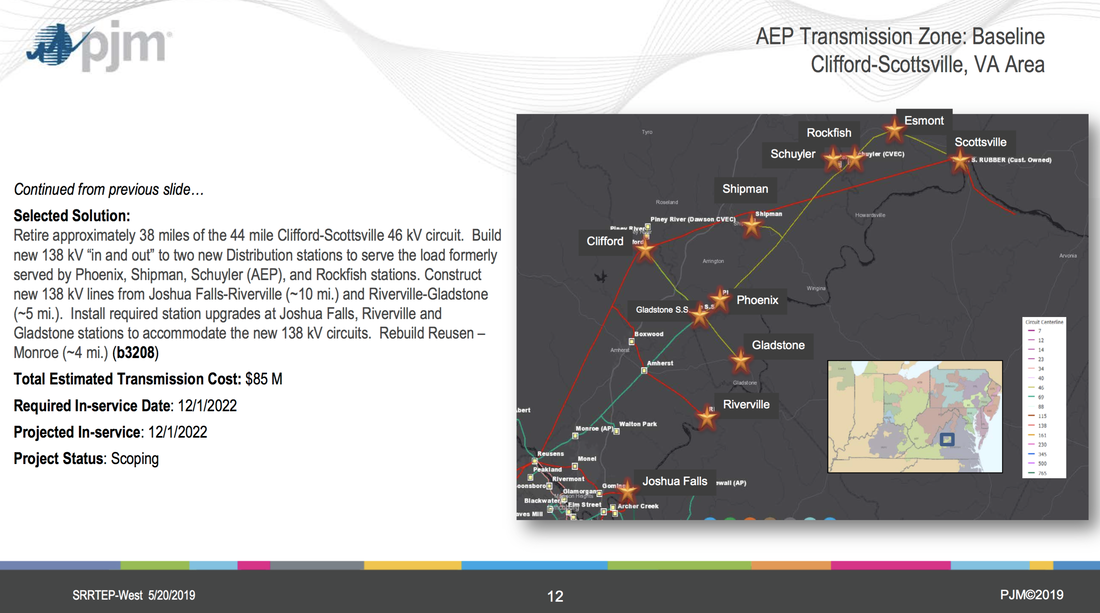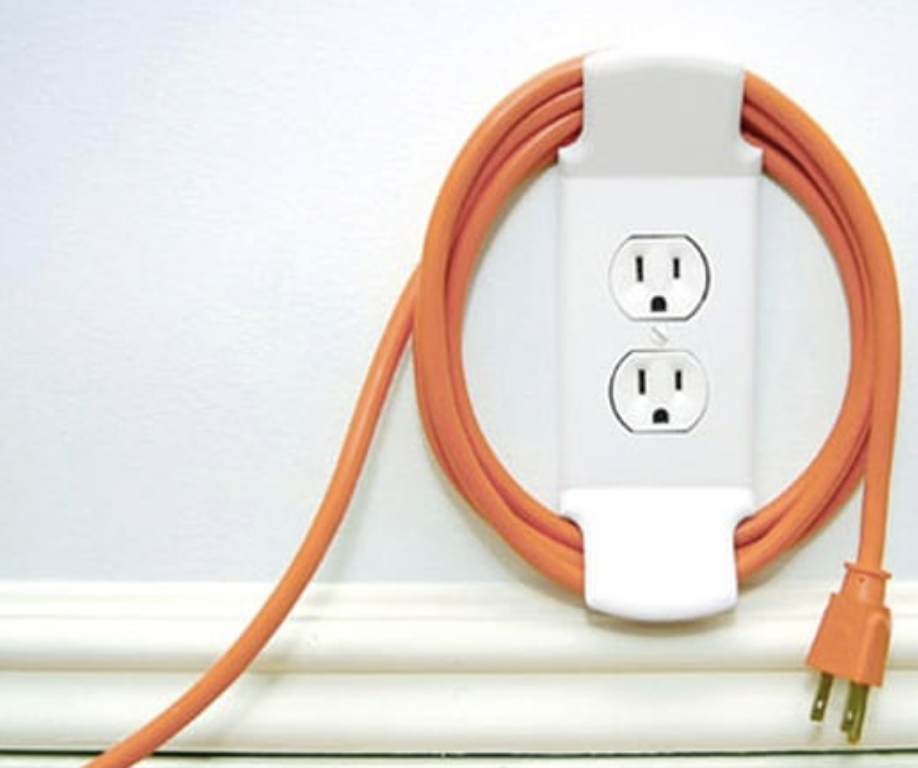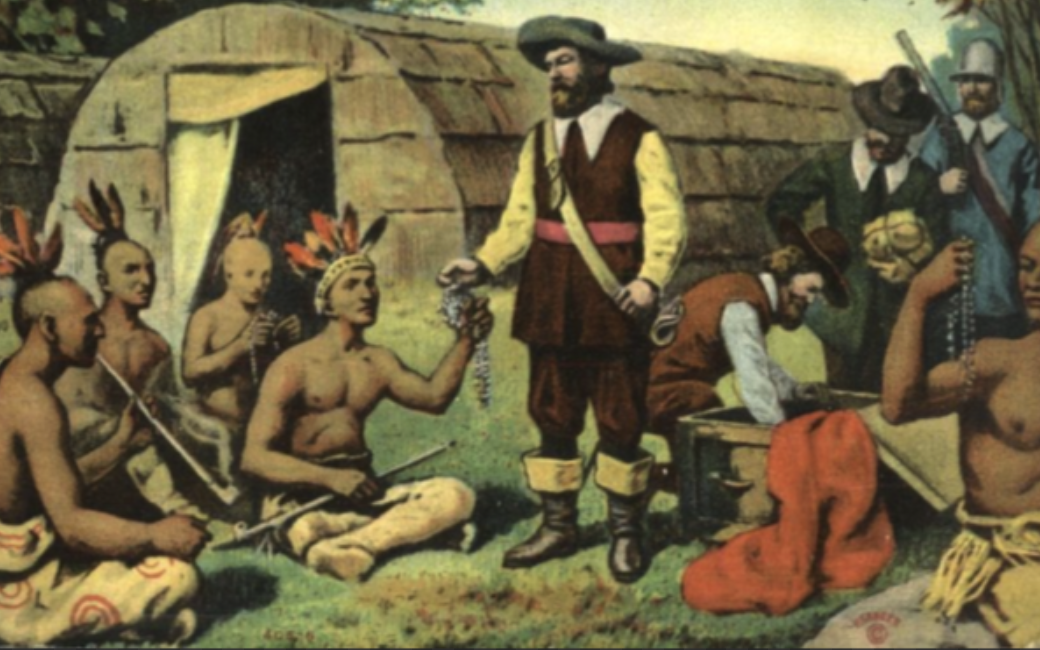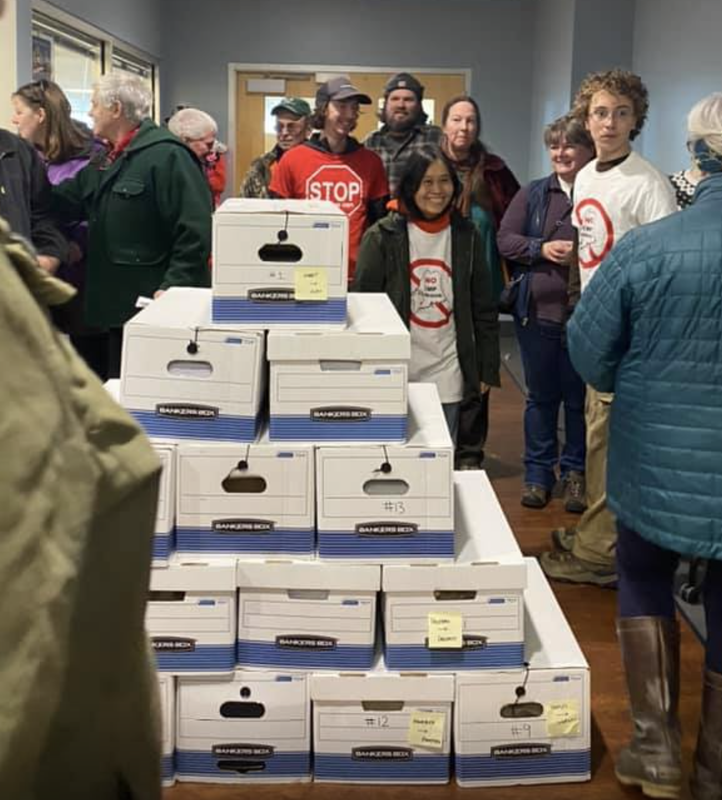Before an audience packed with opponents of GBE, Mann presented an out-of-touch, canned presentation to the county commissioners, and very little in the way of satisfactory answers.
Patrick Clark, Clinton County Presiding Commissioner, said he wanted to hear more details from the answers given. He said he feels that Clinton County is a crossover county and will not receive benefits.
“They really couldn’t answer any questions. You know, they talked about livestock, they talked about electronics on tractors and stuff like that, but when the question was asked about other effects on people, they couldn’t answer,” Clark said. “One thing that really concerns me is this is the first DC line this company’s ever dealt with.”
Clark asked at the meeting why the line is proposed to go through Northwest Missouri instead of southern Kansas and southern Missouri. It was answered that the route was decided by a variety of reasons, which included areas with cultural sensitivities, terrain and other reasons.
In a similar move to prove her tone-deafness towards Clinton County, Mann said her company personnel would be "working with" and "sitting down with" landowners in Clinton County. None of the people in the audience looked even remotely willing to have anything to do with Mann and her company.
“Invenergy is committed to working with the communities and the landowners who will host this project,” Mann said. “Our land team is going to be sitting down with landowners all along the route.”
Go away, Invenergy. It's not working.




 RSS Feed
RSS Feed